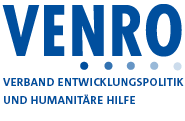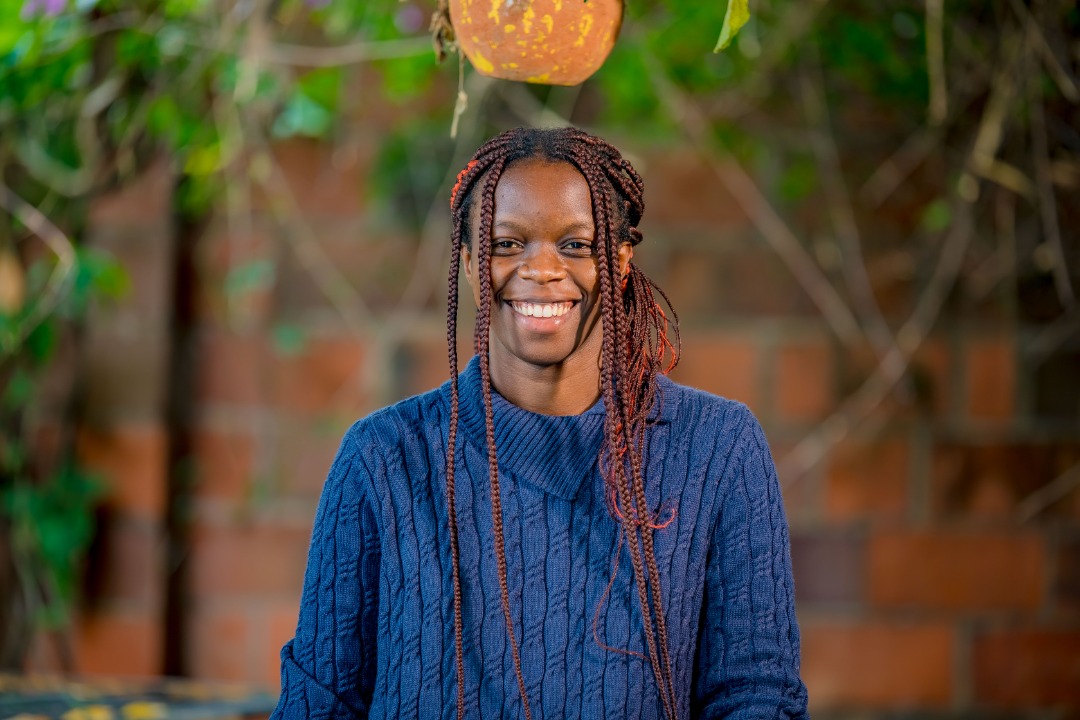Ineza Grace from Rwanda, Co-Director of the Loss and Damage Youth Coalition (LDYC), explains in this interview what climate change impacts she experiences on the ground, what she believes is needed to tailor adaptation measures to local realities and what the greatest financing challenge is. She gives us an insight on what the most pressing issues are at COP26 and why the youth is the change agent for making the climate negotiations more effective and inclusive.
What climate change impacts do you experience in Rwanda?
Rwanda is a developing country beautifully located in Africa. Although we did less in the contribution to the increase of greenhouse gas emission that is leading to climate change, our community is at the frontline to experience the negative impacts: Flooding, erosion, intensive rainfall and drought are the daily reality check for us! And in most of the cases, this is associated with other social and economic challenges which exacerbate the impacts and expose our women and children on a higher extend.
In 2020, we lost 4,000 hectares of crops and a lot of homes were damaged. And the injustice is that our country’s Gross Domestic Product will be used to recover from this – as the global international process has no means to respond to these effects!
Which loss and damage responses are most effective in the Global South?
There will be no homogenous solution for all the Global South, especially as each country is different and the extent of impacts cannot be that homogenous. For example, small island states are suffering more from cyclones and sea level rises – whereas in most of the African countries, desertification, draught and intensive rainfall are the most common threat. In my view, this needs to be done to ensure effective responses:
- Allow each country to take part in the design of the solution where they are able to have a voice in making decision.
- The Global North countries need to build back the trust, especially by strengthening global solidarity. This can be achieved by putting loss and damage higher on the political agenda. We need to see that they are taking loss and damage with a sense of urgency.
- There is a need to involve the frontline youth! It is clear that we are the generation that will be left with the most impacts to an extend that has never been recorded before, it simply makes sense for us to be in the decision making process for the solution.
Why should there be an increase of loss and damage finance?
Loss and damage is a threat we are facing and should be treated with the same urgency by developed countries as the Covid-19 pandemic. A failure to provide finance for loss and damage will trap developing countries in high debts. This is our reality at the moment: We are facing losses of lives, infrastructure, floods, droughts, etc. With the recent IPCC report it is clear that the scenario is getting worse. Vulnerable countries will experience an increase of climate-induced loss and damage, the Post-2025 climate finance goals negotiations should therefore include finance for loss and damage additionally to adaptation and mitigation.
What has to happen at the COP26 in Glasgow, so that loss and damage is taken into account appropriately?
COP26 cannot be a failure! The global leaders had a lot of time to give the world empty promises on a piece of paper but yet minimal concrete action followed on the ground. This resulted in increasing climate injustice. Loss and damage is a life-threatening issue for the youth, and more so in the Global South! As today’s youth, we are done, we don’t even care if all the countries sign papers – we want action! You can take a look at our LDYC statement with demands for the COP26 here. In short, at COP26 and beyond
- We need an open discussion about loss and damage – and this will be only possible if there is an agenda item for this! This item needs to be permanent.
- We need loss and damage finance.
- We need the operationalisation of the Santiago Network for Loss and Damage.
- We need a loss and damage champion.
- We need the taxation of the polluters!
How can the influence of youth organisations, such as the L&D Youth Coalition, be strengthened in the international negotiations?
For us at LDYC, two things are of utmost importance here: First, an inclusion of LDYC in all informal and formal meetings related to loss and damage. And second: Listen to what we have to say in the global international process! We are the ones who need to affirm if it makes sense! Especially because we are aware that there is a lot of injustice (racial, gender, economical, etc.) and we can represent diversity in the international negotiation process!
| Interview |
 Mitgliederbereich
Mitgliederbereich
